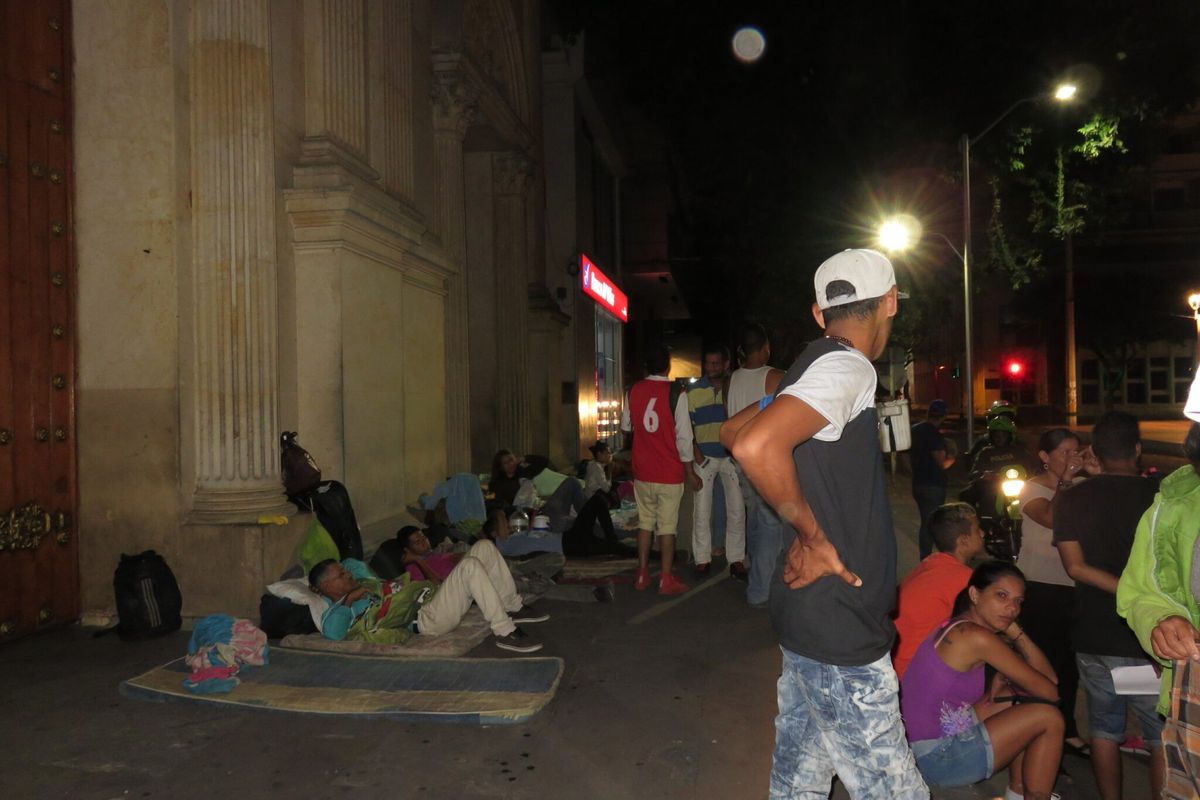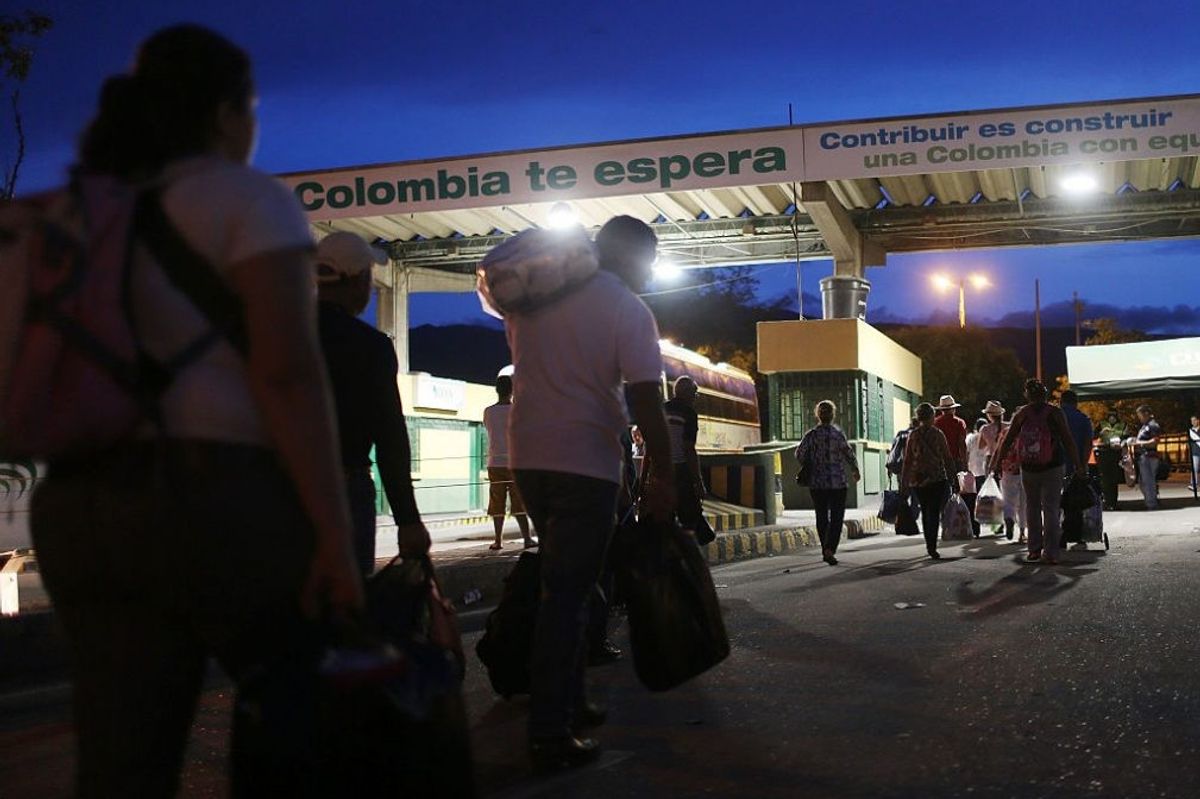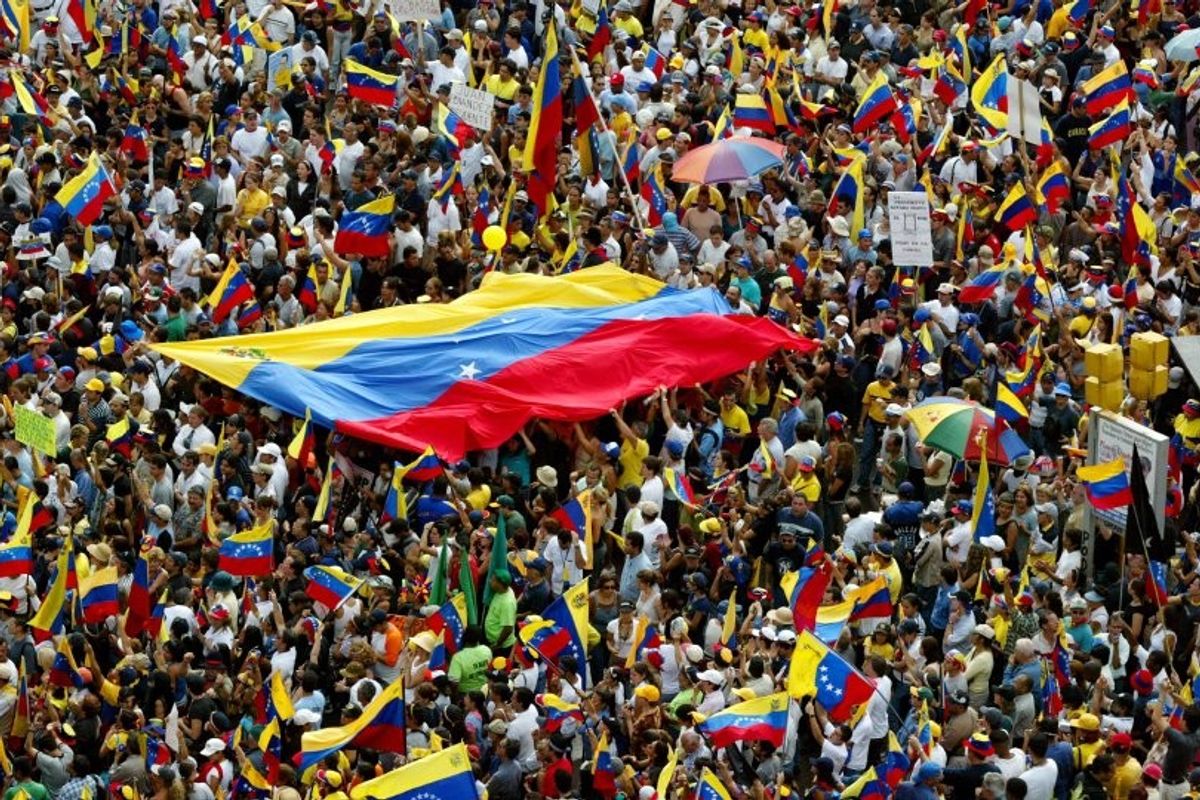My name is Pedro José Arenas Garcia. I am a former Colombian congressman and the director of the Observatory on Growers and Crops Declared Illicit in Colombia, a civil society organization that takes interest in the human rights of rural workers associated with coca, cannabis, and poppy production. The Observatory works toward putting these issues on the public agenda and raising the concerns of peasants and farmers in the reform movement.
When I was a child – only 12 years old – I worked with my hands picking coca leaves in my region, the Guaviare, in the southeast of Colombia. My grandparents were poor, and they lived off fish and planting. My first job was as a “raspachin,” someone who sells coca base. Many boys in my region were raspachins.
Poverty, the agricultural crisis, infrastructural deficit, very bad rural roads, few opportunities for young people, and the failure of the State to guarantee rights to the campesinos (peasant farmers) are what allowed this cultivation to expand. Many workers were from small villages and rural areas, with nothing to return to. They were involved in the guerrilla groups or died from tropical disease.
Years later, I went to high school and became leader of the students in my department. I founded a social movement and helped organize the peasants and indigenous people. Many of them planted, grew, and worked the coca. The coca leaf moved the local economy, providing money for the elemental necessities of the population. More than 20 years later, I act as a facilitator so their voices can be heard. We advocate human rights, social justice, land development, health, and education for all. But the reality is still the same in almost all cases.
During last 40 years, the Colombian national government has started a lot of programs and campaigns against illicit crops and the campesinos. The security institutions have grown and now the official budget is weighed down by the cost of the war on drugs. The police, army, and other law enforcers have increasingly focused on illegal crop cultivation since the 1980s. During that same time period, criminal activity, murders, internal displacement, and environmental disaster have also grown.
The Colombian government, with the support of the United States, has put more pressure on the country’s peasants. Over the last three decades, the military and the police have sprayed pesticides and other substances covering more than two-million hectares of land, harming delicate ecosystems, and displacing thousands of campesinos from the rural areas to the cities. Thousands of them lost everything: their crops, their animals, and their land.
In other words, the government accepted the eradication methods required by the U.S. Congress, but many times these campaigns end with human rights violations. Another strategy used by the government to combat illegal cultivation and drug production is alternative development. However, the government is not consulting the people who are affected by these development projects.
In New York right now, the United Nations is meeting about drug policy. In March, the Commission on Narcotic Drugs (CND) in Vienna held discussions in preparation for the U.N. General Assembly Special Session (UNGASS). My government lead the effort for reform. The complex process in the CND and U.N. shows that reforming international drug policy is very difficult. In Vienna, consensus must be met before any reforms can be made, meaning the removal of the drug prohibition paradigm is almost impossible.
This week, a civil group of activists and academics opened a popup cultural hub in New York called the Museum of Drug Policy. The museum – located on Park Avenue near the UNGASS sessions – showed the mistakes, risks, and harm drug policy has caused in recent history.
The campesinos in the world need a new approach, new policies, new opportunities, new paradigms. Indigenous communities are the principle actors in the drug debate. They are raising their flag for the right to live with their plants and with their families in their home areas. For this reason, they place hope in their own countries. After UNGASS, governments should use their own rules to write a new history that involve the people most involved with the drugs.










